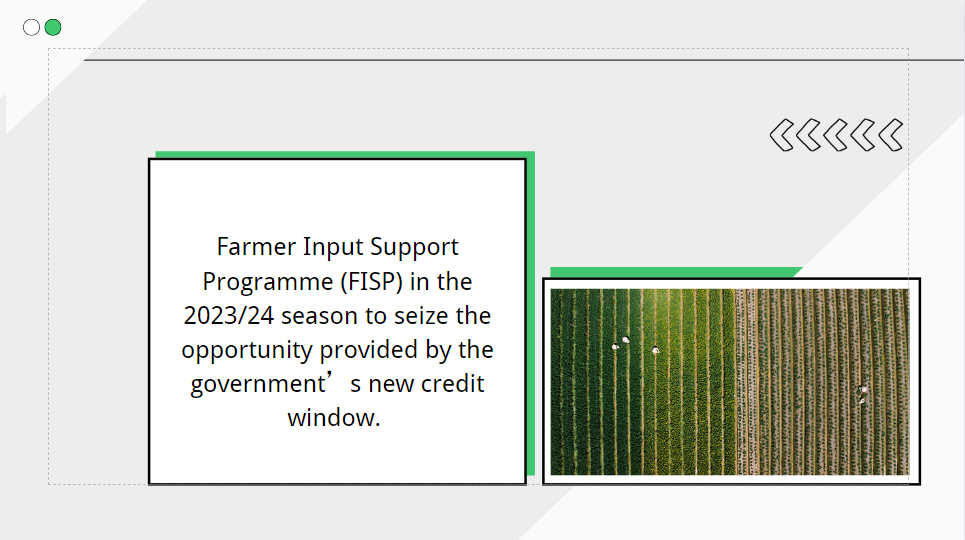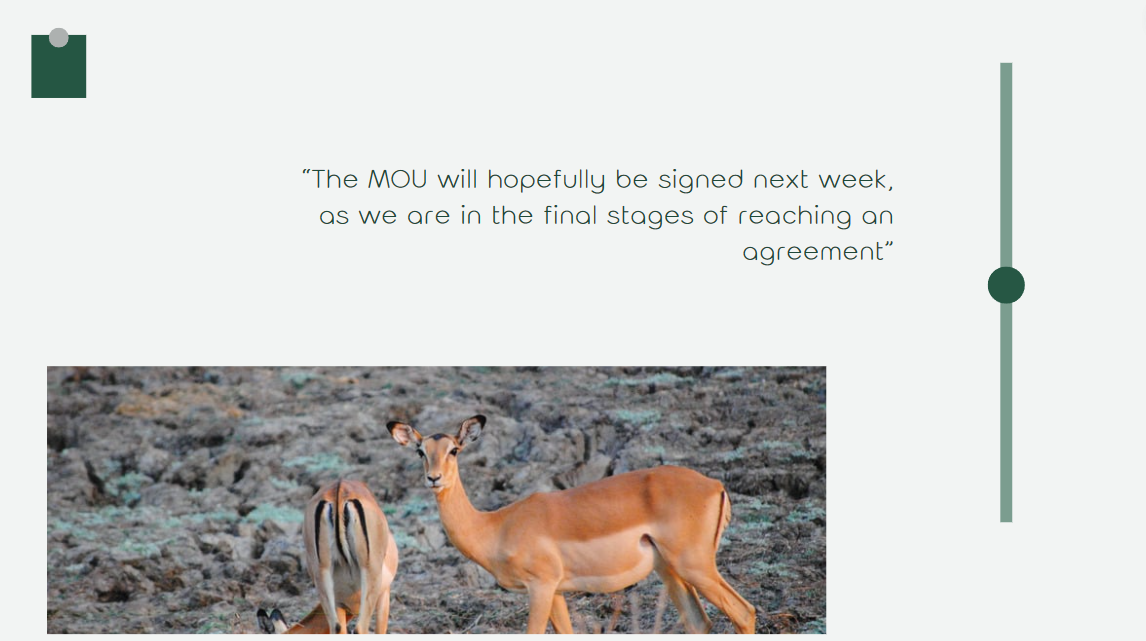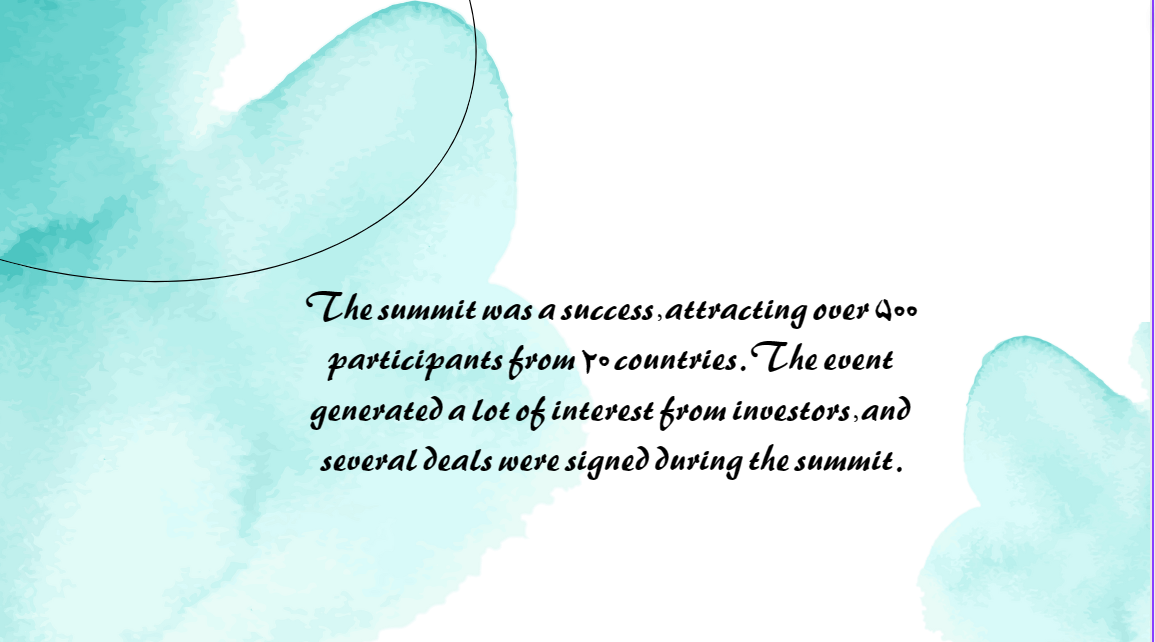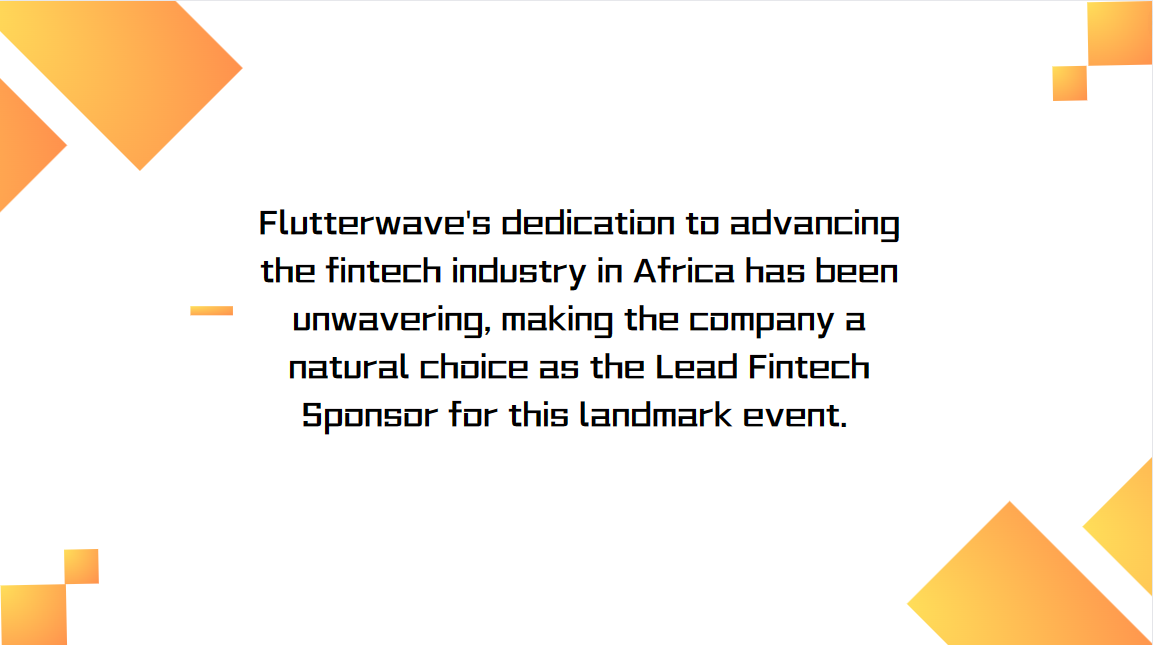More African Countries Adopt Islamic Banking Asset Class Reveals 2023 ABSA Financial Markets Index
ABSA Group Launched the latest edition of the Financial Markets Index at the Official Monetary and Financial Institutions Forum (OMFIF) event held in Marrakesh Morocco. This year’s edition was significant as it announced the inclusion of Islamic financial products which are now available in eight Absa Africa financial Market Index economies.
With their introduction to the index, Islamic financial products are now included in the AFMI measure of product diversity in Pillar one which focuses on market depth.
In finance, two distinct approaches govern the way finance services and products are offered as well as how transactions are conducted: Traditional finance and its counterpart, Islamic finance.
Traditional finance, the well-established system embraced globally, operates with a framework that includes interest-based transactions and financial products. In contrast, Islamic finance stands as a unique financial ecosystem guided by principles derived from Sharia, the Islamic law, and rooted in ethical and moral values.
Islamic finance is deeply entrenched in the ethical teachings of Islam and operates on a set of fundamental principles that differentiate it from conventional finance. These principles include;
- Prohibition of Riba (Interest):
Central to Islamic finance is the prohibition of Riba, or interest. In Islamic finance, the charging or paying of interest is strictly forbidden, considering it exploitative and unjust. This principle ensures that money does not generate more money without effort or risk.
- Risk-Sharing (Mudarabah and Musharakah):
Islamic finance encourages risk-sharing arrangements such as Mudarabah and Musharakah. In Mudarabah, one party provides the funds (Rab-ul-Maal) while the other manages the investment (Mudarib), and profits are shared based on a pre-agreed ratio. Musharakah involves joint ventures, where partners share both profits and losses, fostering a sense of shared responsibility.
- Asset-Backed Financing:
Islamic finance emphasizes transactions backed by tangible assets or services. This focus on real economic activities prevents speculative trading and promotes genuine economic growth.
- Prohibition of Speculation and Uncertainty:
Islamic finance avoids excessive uncertainty and speculative transactions (Gharar and Maisir). Contracts with ambiguous terms or extreme uncertainty are considered invalid, ensuring transparency and fairness.
- Ethical Investment (Halal and Haram):
Islamic finance prohibits investments in businesses related to alcohol, gambling, pork, and other unethical activities. Investments must align with Islamic values, promoting responsible and ethical business practices.
In a significant stride towards enhancing Africa’s investment opportunities, more Islamic financial products are being introduced on the African continent. The introduction of Islamic financial products in African Financial Market will greatly improve the capital attractiveness of the continent. Over the past year, South Africa and Tanzania have taken pioneering steps by launching the first sukuk bonds on their domestic exchanges, marking a pivotal moment in the history of Islamic finance in the region. The countries with Islamic Financial Products on the continent include Egypt, Morocco, Nigeria, South Africa, Tanzania, Côte d’Ivoire, Senegal and Tunisia.
In Tanzania, the introduction of the ethical Sharia-compliant sukuk bond, known as the KCB Fursa Sukuk, witnessed an overwhelming response from investors. The bond was oversubscribed by a 110%, indicating a market demand for socially responsible investments. The proceeds from this venture are channelled towards financing small- and medium-sized Sharia-compliant businesses, fostering economic growth and inclusivity.
Beyond Tanzania, other African nations are also recognizing the potential of Islamic financial products. In Mauritius, efforts are underway to revise listing rules, positioning the jurisdiction as an attractive platform for listing and trading Islamic products. A similar sentiment resonates in Kenya, where plans are in motion to establish the country as a regional Islamic financial hub. This strategic move aims to offer individuals an alternative investment choice, diverging from traditional channels and exploring innovative avenues for financial growth.
Ethiopia, with its significant Muslim population, is proactively working towards the development of Sharia-compliant Islamic financial products. This endeavour is tailored to meet the unique financial needs of the country’s populace, reflecting a commitment to financial inclusivity and cultural sensitivity.
Islam has a very significant presence in Africa, with an estimated 50 percent of the continent’s population identifying as Muslim. This creates a need for 50% of the continents population to access financial markets and financial products that are in line with their religious financial practices. The inclusion of Islamic products in financial markets will encourage not only market participation but also attract more capital to the continents financial markets.
The centre of Financial Markets is also shifting from the traditional west to the middle east and the gulf states due to the increased participation of sovereign wealth funds in global financial markets. The number of Sovereign wealth funds around the world has grown steadily over the past two decades, from 62 funds in 2000 to 176 in 2023. During that time, SWF assets under management (AUM) have ballooned from a mere $1 trillion to $11.36 trillion representing a significant influential position in global finance. The introduction of Islamic products in African financial markets will greatly improve the investment attractiveness of the continent.
As Africa embraces the diverse landscape of Islamic financial products, it not only widens the spectrum of investment opportunities but also fosters an environment of financial innovation and inclusivity. These developments signify a transformative era for the continent, where traditional norms are giving way to progressive and culturally sensitive financial solutions.






















































First, please LoginComment After ~